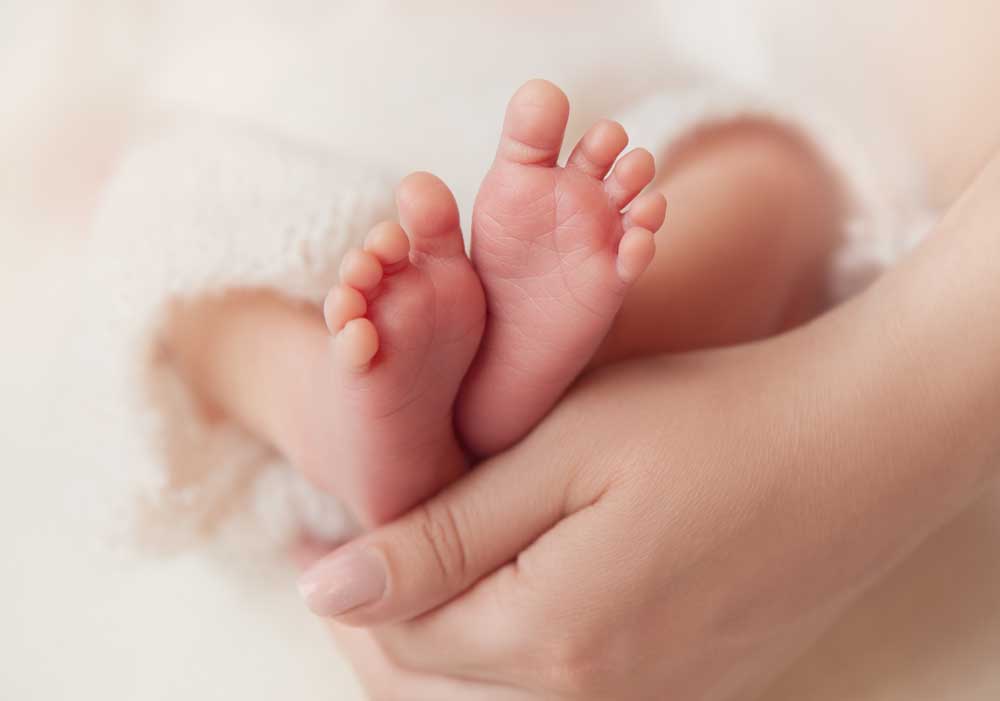The WHO’s campaign is titled Healthy beginnings, hopeful futures, and ‘will urge governments and the health community to ramp up efforts to end preventable maternal and newborn deaths, and to prioritize women’s longer-term health and well-being.’
According to the WHO, ‘Based on currently published estimates, close to 300,000 women lose their life due to pregnancy or childbirth each year, while over 2 million babies die in their first month of life and around 2 million more are stillborn. That’s roughly 1 preventable death every 7 seconds. Based on current trends, a staggering 4 out of 5 countries are off track to meet targets for improving maternal survival by 2030. One in 3 will fail to meet targets for reducing newborn deaths.’ It adds, ‘Women and families everywhere need high quality care that supports them physically and emotionally, before, during and after birth. Health systems must evolve to manage the many health issues that impact maternal and newborn health. These not only include direct obstetric complications but also mental health conditions, noncommunicable diseases and family planning.’
Dr Priya Kapoor, Consultant – Surgical Oncology, Apollo Proton Cancer Centre, Chennai believes that healthy pregnancies for women begin at the planning stage, ‘Since a lot of women now plan pregnancies in their 30s, it is important to screen for various factors. Women in the cities have access to quality obstetric care, but there is a need for such centres in the rural areas. We are also seeing a rise in the incidences of breast and cervical cancer in pregnant women, so ultrasounds and regular checkups are of paramount importance. Factors such as hygiene and nutrition matter. Every woman who is sexually active, should have a pap smear regularly, starting from age 20-22. Women over 40s who are planning a baby should include regular mammograms in their tests before conception, or in the initial stages of pregnancy. Women with cancers can also prepare for fertility in the future, by preserving their eggs or even their embryos. Cancer is not the end of the road; survivors can still have babies in a safe and secure way with the right kind of treatment and advice.’
Dr Priya adds that post-partum care is extremely important for every woman and her child. Regular check-ups with both the gynaecologist and the paediatrician should be conducted, and the emotional recovery of the mother should be prioritised. ‘Motherhood can be life-changing, and factors such as adequate rest, care and hydration are important, regardless of whether it is a normal or C-section delivery. Mothers should not hesitate to seek help. Tools and training for lactation and breastfeeding can be provided if the mother requires them. In fact, breastfeeding can help prevent breast cancer in the future. Lastly, the woman’s partner needs to be equally invested in the process of childbirth and her well-being.’

Low and middle-income women are particularly at risk when it comes to pre- and post-natal survival and health. Uneven access to healthcare, lack of gender parity, and inadequate education compound the issue among women and newborns. Regular screenings and checkups can help prevent complications such as postpartum haemorrhage, preeclampsia and eclampsia (high blood pressure), and infections.
However, there is a silver lining. According to a statement issued by the Ministry of Health and Family Welfare, India’s maternal mortality ratio has dropped from 130 to 97 per one lakh live births. Infant mortality rates have also dropped by 69 per cent, significantly exceeding the global decline of 55 per cent.
Hyderabad-based paediatrician Dr Sakina Kabir believes that infant health and mortality is closely linked with maternal health. ‘Vaccinations and immunisations for both mother and baby are key at every stage. Regular checkups help identify any underlying issues with the infant early on, and expedite treatment and recovery. During pregnancies, anaemia and gestational diabetes in the mother should be kept under check since this can adversely impact the foetus. Deliveries should be conducted in a safe and hygienic environment under the supervision of skilled medical professionals. Mothers should be asked to breastfeed and advised on when and how to introduce supplementary and secondary foods to their children. A safe sleep environment should be created, placing the infant on its back to eliminate the risk of SIDS or Sudden Infant Death Syndrome. Always consult your gynaecologist and paediatrician before taking any steps that could impact your child’s well-being.’
To further reduce the gaps in maternal and newborn survival, it is imperative that we act now. Digital solutions can further boost reproductive health and ensure the health and survival of mothers and their infants. Along with proper education and accessible infrastructure, it is important to encourage collective action among communities and healthcare professionals to create a more equitable and sustainable system.